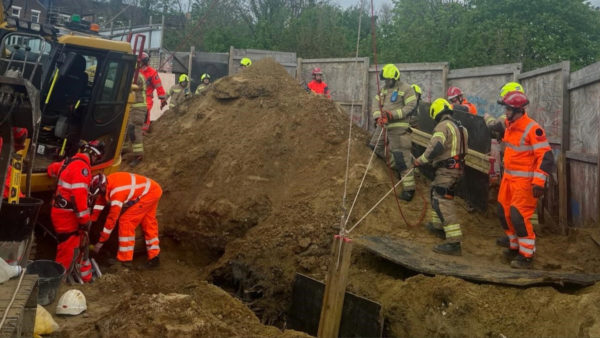
A Wates-sponsored survey has found that eight in 10 menopausal women say their workplace has no basic support to help with menopause symptoms.
The Fawcett Society has conducted what it claims is the largest-ever survey of menopausal women.
The study shows the majority of women (77%) find at least one menopause symptom ‘very difficult’ with women most likely to say they find sleeping (84%), brain fog (73%), and anxiety or depression (69%) difficult. 44% of women in employment say their ability to work has been affected and 52% say they have lost confidence.
Despite this, eight in 10 menopausal women say their workplace has no basic support in place for them – no support networks (79%), no absence policies (81%) and no information sharing with staff (79%). The study shows that 10% of menopausal and perimenopausal women who have worked during their menopause have left work due to their symptoms.
Mapped onto the UK population this represents a shocking 333,000 women leaving jobs due to the menopause.
Call for action
The report contains the findings of a survey of over 4,000 menopausal women carried out for the Channel 4 Davina McCall: Sex, Mind and the Menopause documentary.
The Fawcett Society called on the government to respond to these findings by:
- requiring employers to have menopause action plans;
- make flexible work the default;
- implementing a public information campaign and inviting every woman to speak with her GP about menopause at an appropriate age;
- ensuring GPs receive mandatory training to help diagnose menopause earlier.
‘National scandal’
Jemima Olchawski, Fawcett Society chief executive, said: “Menopausal women are experiencing unnecessary misery and it’s a national scandal. From waiting too long for the right care to uniforms that cause unnecessary discomfort, women are being badly let down.
“333,000 women have left the workplace as a result of their symptoms. This is a huge loss to those women but also to our economy. Do we really think we can afford to disregard these women with all the talent, potential and experience they bring to our workplaces?
“The government needs to make urgent changes, from requiring employers to have menopause action plans, to creating a route into menopause healthcare, to ensuring that GPs are adequately trained to spot menopause symptoms.”
“333,000 women have left the workplace as a result of their symptoms. This is a huge loss to those women but also to our economy.”
Wates’ measures
David Allen, chief executive of the Wates Group, said: “At Wates, we care for the health and wellbeing of all our colleagues. By definition, this means we are committed to supporting women going through menopause.
“We are proud to have sponsored this report, which makes a number of important recommendations. The real, lasting change that’s needed to increase understanding and improve support around menopause can only be delivered through effective collaboration between business, government, and society.
“So, the provision of flexible working options, better training for managers and leaders, and access to support networks will have their maximum impact only if they’re supported by a national public health campaign and easier access to primary care services.”
Wates has developed detailed guidance explaining the menopause and its impact on the workplace; the different roles and responsibilities for employees, line managers and HR; helpful advice on managing menopause at work; and support on talking to your GP.
In 2021, Wates also introduced flexible working across its entire business – including employees who work on site – which is a key recommendation of the report.









